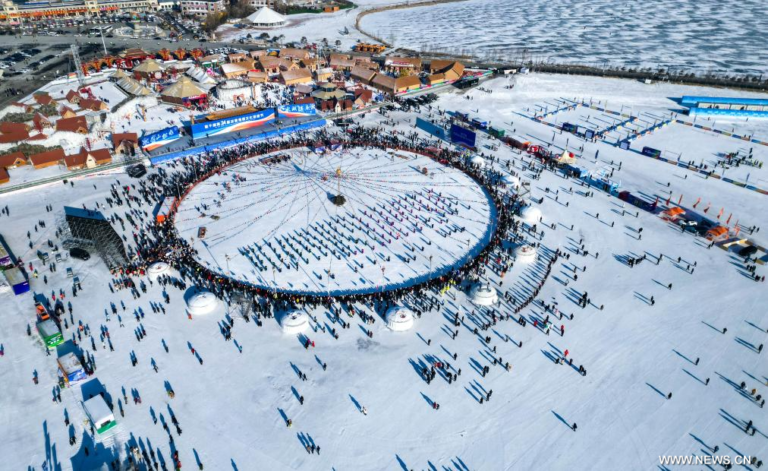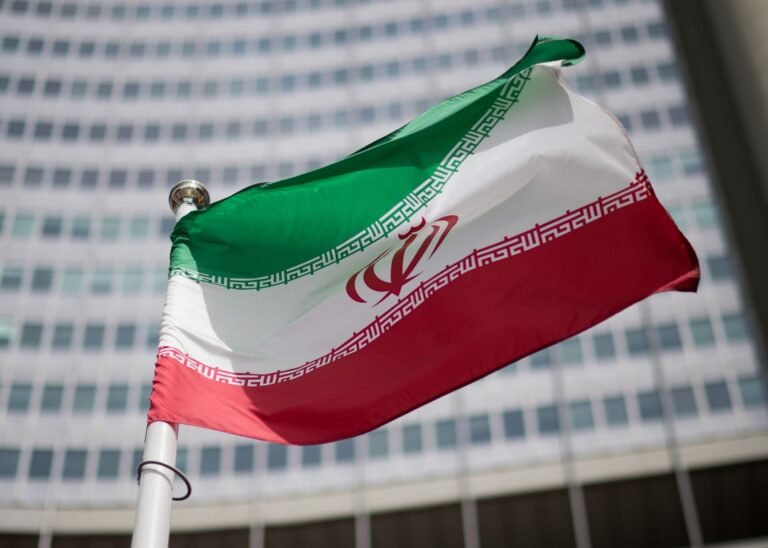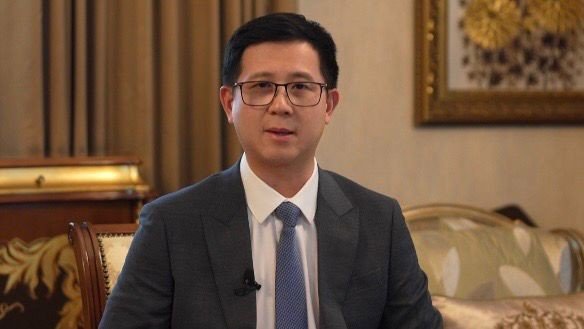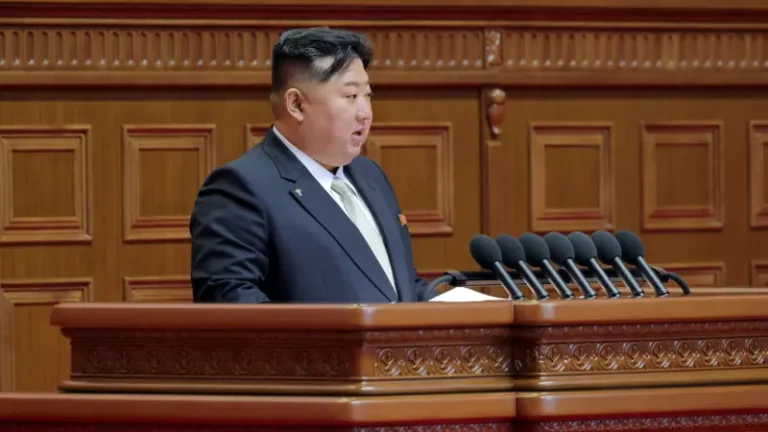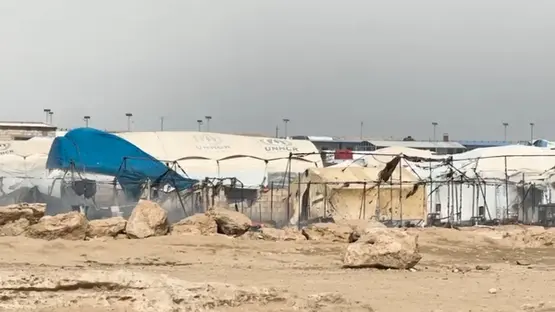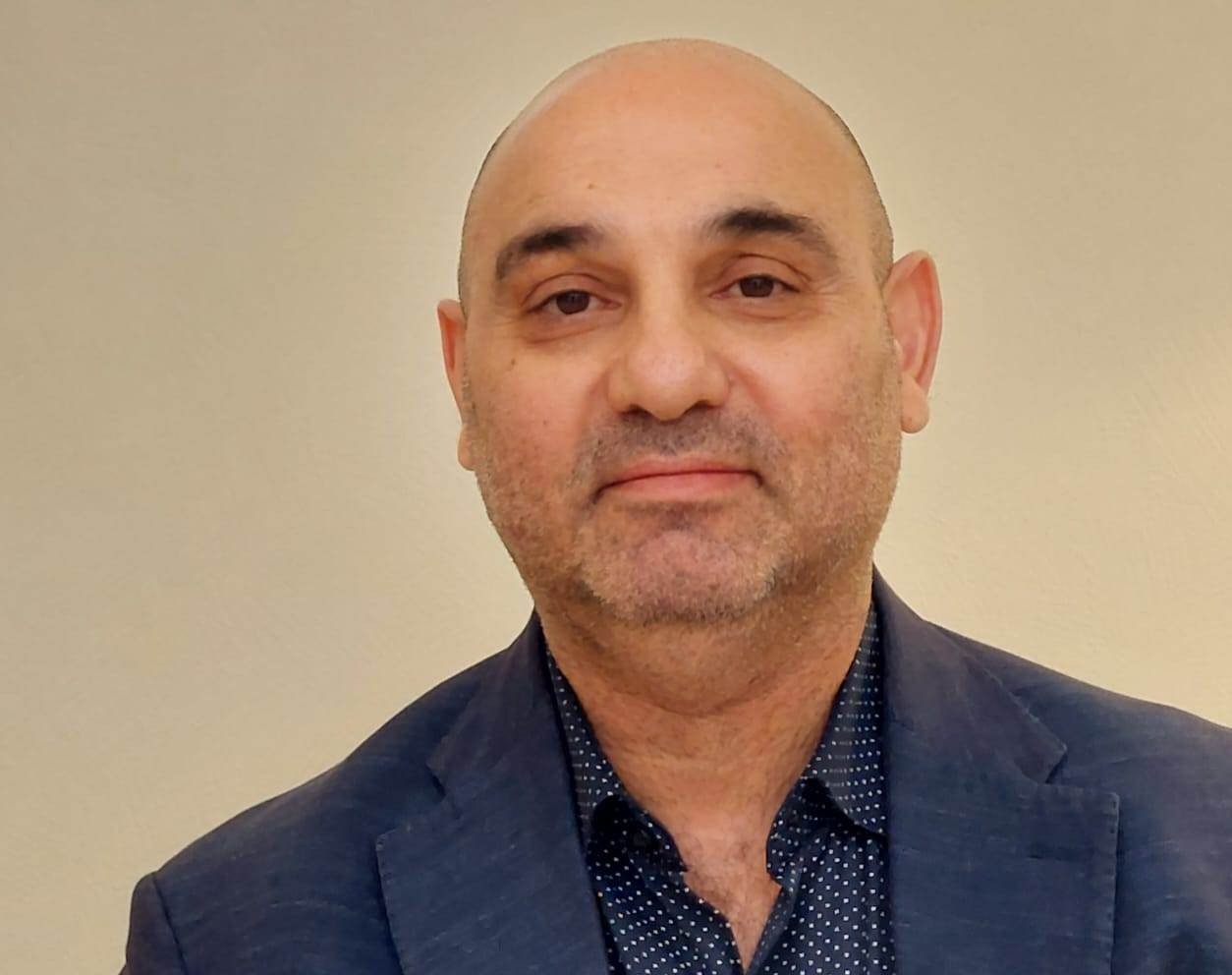
Dr. Haytham Mouzahem
With only a few days left until Trump takes office, the conflict in the Middle East is growing. On the other hand, there are also concerns that Netanyahu, whose reckless policies threaten the region, will target Iran and turn the region into a bloody conflict zone.
By Muhammad Ata |
The administration of the newly elected US President Donald Trump will face a turbulent atmosphere in the Middle East due to the effects of the war that broke out on October 7, 2023.
The war in Gaza, which “continues to rekindle latent conflicts in many countries in the region,” was first followed by devastating fighting in southern Lebanon, but what happened in Syria had a greater impact on neighboring countries.
This has left Trump facing questions about how he will succeed in “stopping the war in the Middle East and ending the war in Gaza,” as he promised during his election campaign.
As Israeli officials have previously stated, “October 7 was an earthquake,” and the entire region will be dealing with its consequences for a long time.
Perhaps the first challenge the US administration will face in the Middle East may be Syria.
Additionally, the US is currently consulting with the new administration in Damascus.
The US will need to adopt a special strategy regarding its support for the Syrian Democratic Forces (SDF), whose existence is denied by the new Syrian administration as well as Turkey, which plays an important role in the region, and whose backbone is the YPG/PKK.
Renad Mansour, a Middle East expert at London-based Chatham House think tank, told the Financial Times:
“The (armed organization’s) Kurds in Syria are in a very dangerous situation right now. They are affiliated with the PKK, and that brings them into conflict with Turkey. They have no allies they can trust.”
Mansur said that the PKK/YPG is committed to its relations with the US, adding, “However, the US sees them as useful tools that are only used when needed. Therefore, they are worried that they will be seen as expendable.”
SDG in decline
Speaking to Fokus Plus, Syrian researcher Samer al-Ahmed said that there has been a noticeable decline in the PKK/YPG’s current strategic situation, tactics and options.
Ahmed stressed that the PKK/YPG is surrounded from all sides, including the government in Damascus, Turkey, the Kurdish Regional Government of Iraq (KRG) and Iraq, after relying on a policy of reversing roles among supporting powers such as Russia, the Assad regime and the United States.
Ahmed said that all of these parties reject the existence or autonomy of the SDF, and noted that in addition to changes in US policy, Washington is currently seeking an agreement with the new Damascus government.
Ahmed underlined that Trump has stated many times that his “interest in this region is limited.”
Ahmed said that Trump’s main goal was to prevent Iran’s influence and cut the Shiite crescent extending from Tehran to Baghdad, Damascus and Beirut, and emphasized that Trump had succeeded in doing so.
“Therefore, the possibility of a US withdrawal from Syria is high,” Ahmed added.
Referring to the situation in northern Syria, al-Ahmed said, “Under these circumstances, the PKK/YPG has no choice but to establish dialogue with Damascus under pressure and make major concessions.”
In this context, some concessions have begun to be made, such as hanging the Syrian revolutionary flag in areas under PKK/YPG control.
This issue is also linked to the US’s new strategy, particularly regarding the ISIS issue and the Al-Hol Camp, which is under the control of the PKK/YPG and where approximately 10,000 ISIS members and their families are being held.
At the regional level, all Arab countries (Syria, Egypt, Jordan, Iraq) as well as Türkiye and the KRG deny the existence of the PKK/YPG.
These parties see the existence of the organization as a threat to regional countries and as the seizure of Syria’s wealth.
Most Arab tribes and Kurdish parties in Syria also oppose the PKK/YPG’s exclusionary, expansionist and oppressive policies.
Stating that the PKK/YPG has a slim chance of surviving this wave, Ahmed said, “The PKK/YPG may have to reach an agreement with Damascus through the mediation of the US and may gain some gains in return for some guarantees, including separation from the PKK.”
Tensions may rise in Yemen and Iran
Dr. Haytham Mouzahem, the head of the Lebanon-based Center for Asian and Chinese Studies, also drew attention to the great danger of the tension with Iran in his statement to Fokus Plus.
Mouzahem said that Netanyahu could use this short transition period before Trump takes office to strike Iran’s nuclear facilities.
He particularly underlined that Trump had encouraged him in this direction in a statement.
Referring to the Houthis in Yemen, Mouzahem said that Israel’s attacks on the Houthi group are expected to increase significantly in the coming period.
He added that this situation could even go so far as to push some parties in Yemen to launch a ground offensive against the Houthis.
Following the start of the war in Gaza, the Houthis have been launching missile attacks on Israel as part of their “axis of resistance.”
In response, Israel, with the support of the US and the UK, is targeting vital facilities and important areas in Houthi-controlled Sanaa and Saada.
Israel has recently stepped up its attacks against the Houthis, threatening to eliminate them.
Stating that Gaza, the main area of the war, was neglected by the US, Mouzahem emphasized that the US stood by Israel in the context of historical support that “does not change with the president”, whether Republican or Democrat.
“The US forgets that Hamas has been positive about all attempts to stop the war and free the hostages,” Mouzahem said, adding that the last of these attempts, which took place in Cairo, was disrupted by Netanyahu.
At the end of his statement, he also said, “We hope that the US administration will put pressure on both sides, not just the weaker side, to reach a ceasefire.”
Following the start of Israel’s attacks on the Gaza Strip, Hezbollah announced the opening of a support front for Gaza as part of its resistance axis, thus expanding the conflict.
This resulted in massive casualties and the complete collapse of Lebanon’s southern suburbs until a ceasefire was reached between Hezbollah and Israel on November 27.
Source: Fokus Plus


